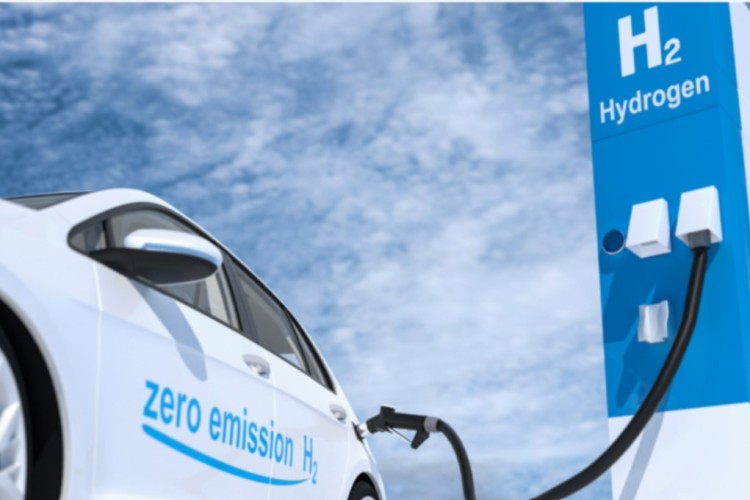Hydrogen Fuel Cell Vehicles: Accelerating the Clean Energy Revolution
Key Ideas
- Tesla's strategic shift towards embracing hydrogen fuel cell technology with the Model H signals growing recognition of hydrogen's potential to revolutionize green mobility and diversify the market.
- Advantages of hydrogen fuel cell vehicles over battery electric vehicles include shorter refueling times, greater range, and suitability for sectors like heavy-duty transport and aviation.
- Global investments from automakers and governments, coupled with technological advancements, are driving the growth of hydrogen fuel cell vehicles and making them more economically viable.
- While infrastructure challenges remain a hurdle to mass adoption, initiatives and investments globally are aimed at overcoming these barriers and promoting the broader acceptance of hydrogen technology.
In a surprising turn of events, Tesla, long known for its opposition to hydrogen fuel cell technology, announced plans for a hydrogen-powered vehicle, the Model H, slated for release in 2026. This strategic shift signifies the increasing recognition of hydrogen's potential to enhance green mobility and cater to the evolving market demands. While battery electric vehicles have dominated the industry, hydrogen fuel cell vehicles offer distinct advantages such as shorter refueling times, extended range, and suitability for challenging sectors like heavy-duty transport. The sustainability of hydrogen, especially when produced through green methods, makes it a clean energy source with zero greenhouse gas emissions.
The global shift towards hydrogen is evident through substantial investments by key players like Toyota, Hyundai, and BMW, as well as government support in regions like California, Japan, and South Korea. The decreasing costs of hydrogen production and advancements in fuel cell technology are further propelling the market growth, with the hydrogen FCV market projected to expand significantly in the coming years. However, challenges in infrastructure, particularly the limited availability of refueling stations, pose significant hurdles to mass adoption.
Efforts are underway to address these challenges through collaborative initiatives between governments, automakers, and private investors. As infrastructure expands and confidence in hydrogen technology grows, the path towards broader acceptance becomes clearer. The environmental imperative to decarbonize the transportation sector underscores the importance of hydrogen fuel cell vehicles as a zero-emission solution, vital for a sustainable future.
Topics
Investing
Clean Energy
Sustainability
Investment
Transportation Industry
Infrastructure Challenges
Technological Advancements
Latest News
